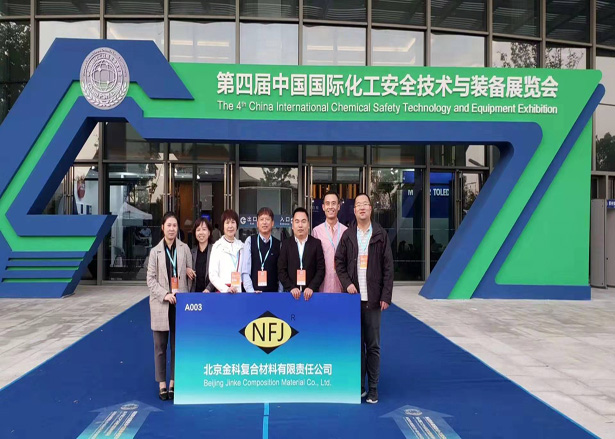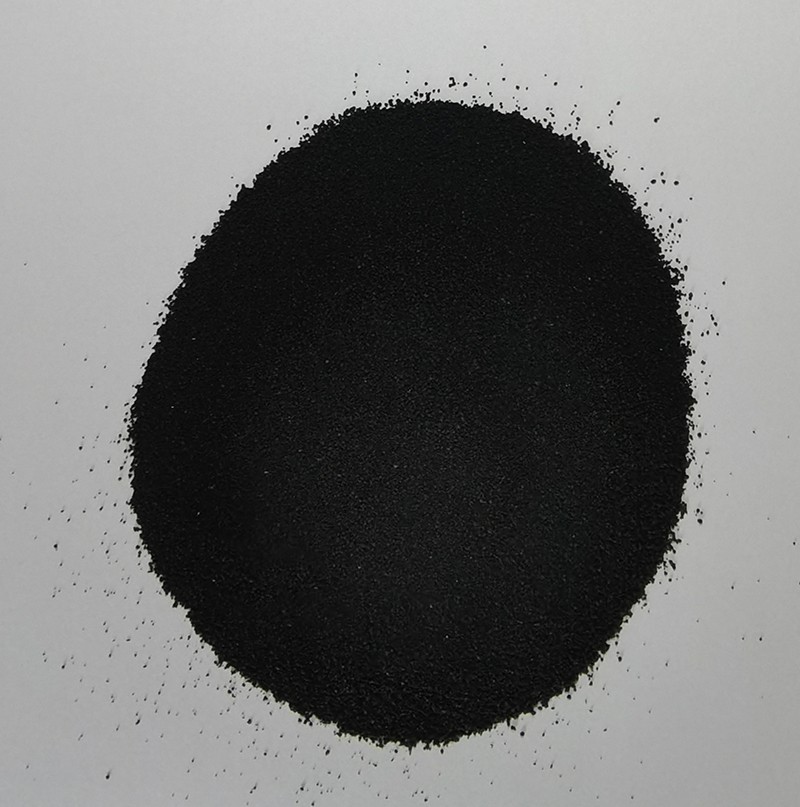Inorganic friction powders play a pivotal role in the automotive industry, particularly in brake systems, where they are employed to enhance friction performance, durability, and thermal stability. As vehicles increasingly prioritize safety and performance, the demand for advanced materials that provide reliable stopping power has surged, making inorganic friction powders an essential component in high-performance brake pads and linings.
These powders are derived from various inorganic compounds, including metals like copper, aluminum, and iron, as well as inorganic minerals such as barium sulfate and talc. Their unique properties—including high rigidity, thermal conductivity, and excellent wear resistance—make them ideal for use in demanding automotive applications. In contrast to organic friction materials, which can degrade under extreme heat and stress, inorganic friction powders maintain stability, even in the harshest conditions. This inherent resilience ensures the safety and reliability of a vehicle's braking system, a critical factor for manufacturers and consumers alike.
The expertise in developing and formulating these inorganic friction materials lies in understanding the nuances of friction science and material engineering. Companies specializing in this area employ skilled chemists and engineers who utilize cutting-edge technologies to tailor the composition of these powders to meet specific performance criteria. This not only involves fine-tuning the size and shape of the particles but also optimizing their distribution within the friction composite to achieve the desired balance of frictional characteristics, noise reduction, and thermal performance.
Moreover, the choice of inorganic materials significantly influences environmental impact. Many manufacturers are transitioning towards sustainable practices by using environmentally friendly raw materials and processes. The adherence to stringent regulatory standards regarding emissions and waste management has made the use of inorganic friction powders even more appealing, promoting a cleaner automotive future.
Furthermore, the authoritative stance of industry players is bolstered through certifications and compliance with international quality standards, such as ISO 9001 and IATF 16949. These accreditations reflect a commitment to excellence in production, ensuring that the friction materials not only meet but exceed the expectations for safety and effectiveness in the automotive market.
In conclusion, inorganic friction powders are integral to modern automotive braking systems. Their development reflects a blend of expertise in material science, strict adherence to quality standards, and a commitment to sustainability. As the automotive industry continues to evolve, the role of these advanced materials in enhancing vehicle performance and safety will become increasingly paramount.
Show More >>
PRODUCTS
You are welcome to contact us at any time, please write the message here and we will reply you in 24 houre. thanks foryour support.



